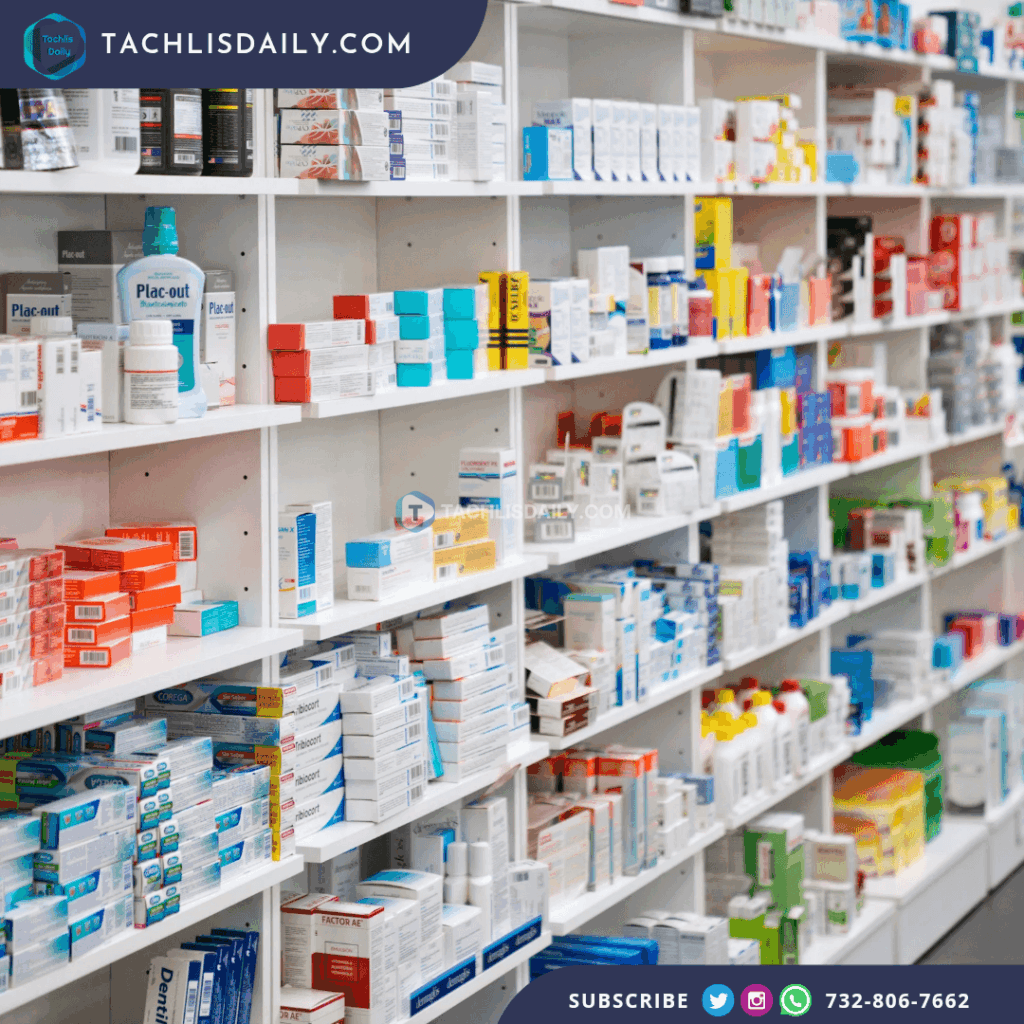President Donald Trump has announced his intention to impose tariffs of up to 200% on pharmaceutical products imported into the United States, signaling a dramatic shift in trade policy that could reshape the drug manufacturing landscape.
Speaking during a cabinet meeting, the president declared that the U.S. would soon see “very high” tariffs placed on imported medicines, stating, “They’re going to be tariffs at a very high rate, like 200%.” However, he indicated that these measures would not be immediate, allowing “a year, year and a half” for companies to adjust their operations and potentially relocate production to U.S. soil.
This announcement comes amid an ongoing government review into the national security implications of relying on foreign-made pharmaceuticals, particularly under legal authorities that allow trade restrictions on critical sectors. The administration is expected to finalize its policy decisions later this month, following the completion of detailed studies on pharmaceutical and semiconductor imports.
While specific implementation plans remain undecided, the prospect of such steep tariffs has already sent shockwaves through the healthcare and pharmaceutical sectors. Industry leaders warn that the proposed levies could have serious consequences: increasing drug prices, creating supply chain disruptions, and disincentivizing investment in innovation and domestic manufacturing.
Major drugmakers have responded cautiously. Some firms, including Eli Lilly, Johnson & Johnson, and AbbVie, have recently announced significant investments in U.S.-based facilities, aligning with the administration’s push to bolster domestic production. However, pharmaceutical companies argue that broad tariffs could undermine these efforts rather than support them.
The industry’s largest lobbying group emphasized that the added financial burden of tariffs could detract from critical research and development efforts. “Every dollar spent on tariffs is a dollar that cannot be invested in American manufacturing or the development of future treatments and cures,” one senior official warned. The group also highlighted that medicines have historically been exempt from tariffs precisely because such taxes could lead to cost increases and potential shortages for patients.












